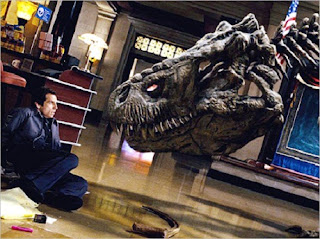My first exposure to British actor/comedian Russell Brand was when he
hosted the 2008 MTV Video Awards. I was an instant – well, whatever is the
opposite of “fan.” As time went on and I saw more of him, and occasionally read
his op-eds in the Guardian, I liked
him even less – or rather, I didn’t like his politics or his comedy (when did
it become the aim of comedians to offend rather than entertain? Note to self:
future article topic). However, a couple of recent incidents are forcing me to reconsider
Brand in a different light.
Earlier this summer Brand appeared on the MSNBC show Morning Joe to promote his current comedy tour, The Messiah Complex
– which, as he explained to the trio of unprepared co-hosts, deals with the
ways in which the images and messages of such iconic figures as Jesus and Che
Guevara have been exploited through history. Although I suspect I would find much
of his take on the subject to be wrongheaded, I give him credit for building a comedy
show around such an unusually deep and rich topic.
Anyway, Brand finally tired of the MSNBC hosts’ painfully awkward
jocularity and asked them, “This is what you all do for a living?...
You’re delivering news to the people of America?” They appeared terrified by
his intellect and his unwillingness to play the part of Shallow Celebrity Guest
Plugging His Latest Gig.
When the male co-host joked about coming to work dressed in rock star mode
like Brand, the comedian pounced again: “That’s superficial. That’s the problem
with current affairs: you forget about what’s important, you allow the agenda
to be decided by superficial information. What am I saying, what am I talking
about? Don’t think about what I’m wearing. These things are superficial.” The
interview video went viral and garnered Brand raves. I confess that even I respected
him for calling out the hosts on their silliness and unprofessionalism.
More recently, he confounded expectations again when he was given a rather fluffy
award at a Hugo Boss-sponsored GQ
bash. As he wrote afterward in the Guardian, “These parties aren’t like real parties.
It’s fabricated fun, imposed from the outside,” and Brand “just wasn’t feeling it.”
So he decided “to treat the whole event as a bit of a laugh.”



















